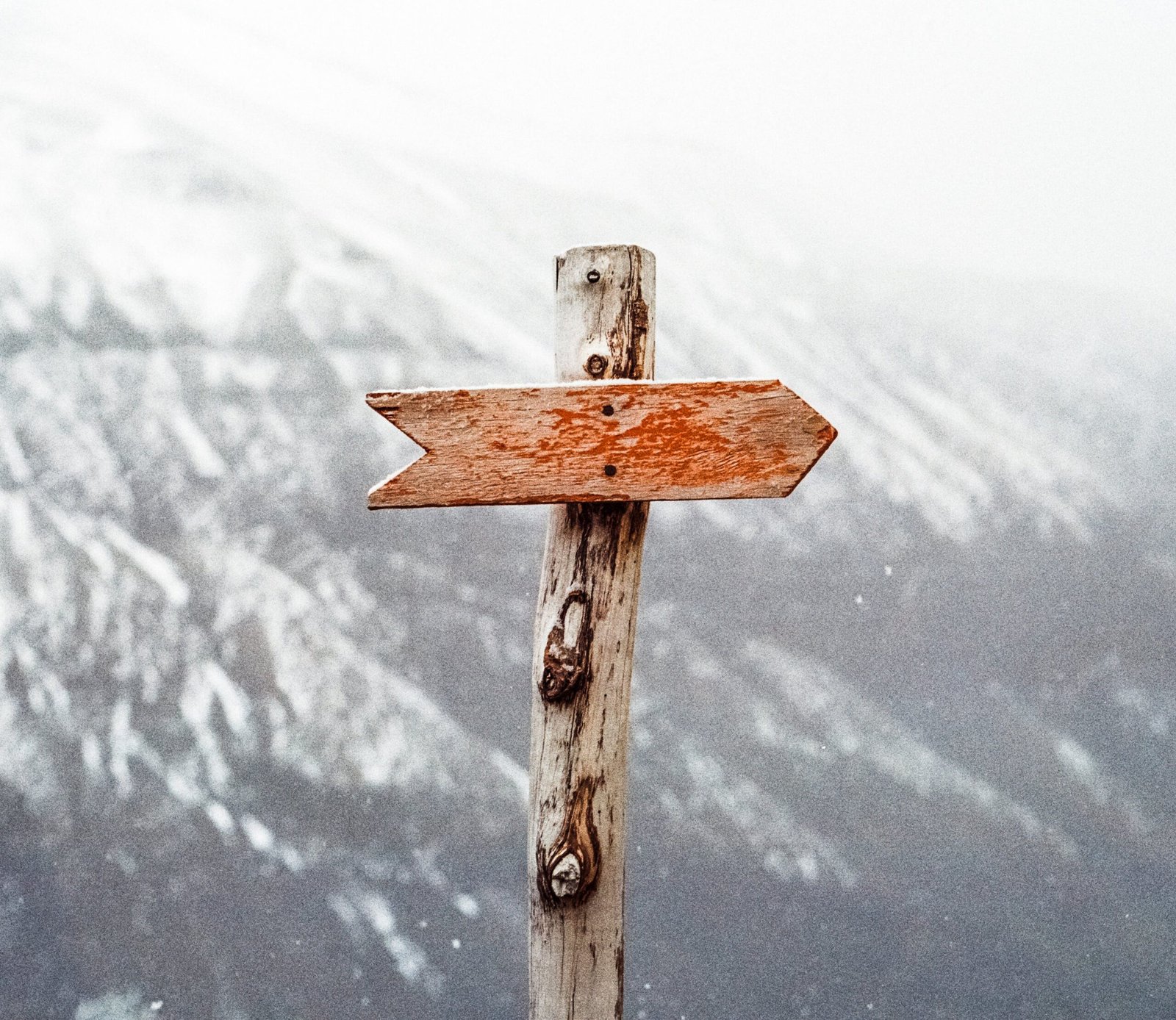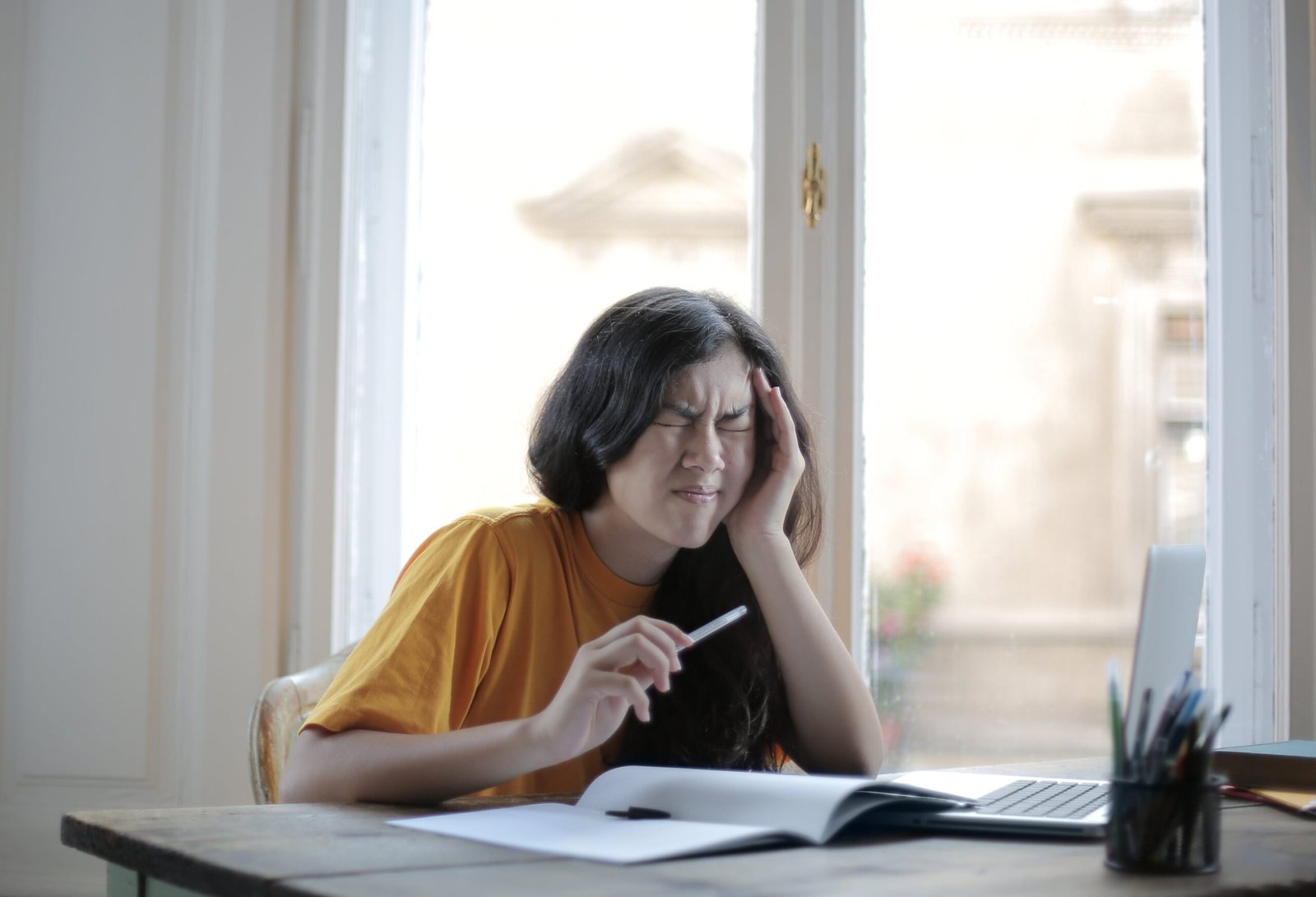
Imagine waking up every morning with a sharp pain in your lower back, making it difficult to start your day. This article explores the causes behind this common ailment, as well as provides effective remedies to relieve the discomfort. Discover why you may be experiencing lower back pain upon awakening and learn simple yet powerful techniques to conquer this discomfort and regain control of your mornings. Say goodbye to the dreaded morning ache and hello to a pain-free start to your day.

Causes for Lower Back Pain upon Awakening
Poor sleeping posture
One of the main causes of lower back pain upon awakening is poor sleeping posture. When you sleep in an awkward position, it puts pressure on your lower back and can lead to stiffness and discomfort in the morning. To prevent this, it’s important to maintain proper posture while sleeping.
Mattress and pillow quality
The quality of your mattress and pillow can also contribute to lower back pain upon awakening. If your mattress is too firm or too soft, it may not provide adequate support for your spine. Similarly, using the wrong pillow can cause misalignment of the neck and spine, leading to lower back pain. It’s crucial to invest in a mattress and pillow that are suitable for your body type and sleeping preferences.
Muscle stiffness
Muscle stiffness can be another factor causing lower back pain upon awakening. When you remain in the same position for an extended period during sleep, your muscles can become tight and tense. This can result in pain and discomfort when you wake up. Regular stretching exercises before bed can help alleviate muscle stiffness and prevent lower back pain in the morning.
Degenerative disc disease
Degenerative disc disease is a condition that affects the intervertebral discs in the spine. As you age, these discs can wear down and lose their ability to cushion the vertebrae. This can lead to lower back pain, especially when you wake up in the morning. If you suspect you may have degenerative disc disease, it’s important to consult with a healthcare professional for proper diagnosis and treatment options.
Spinal misalignment
Spinal misalignment can also contribute to lower back pain upon awakening. When your spine is not properly aligned, it can put strain on the surrounding muscles and tissues. This can cause discomfort and pain, which is often felt when you first wake up. Regular visits to a chiropractor or physical therapist can help address spinal misalignments and reduce lower back pain.
Sleeping on a saggy mattress
Sleeping on a saggy mattress is a common cause of lower back pain upon awakening. Over time, mattresses can lose their shape and sag in the middle, which can lead to poor spinal alignment while you sleep. If you notice that your mattress has become saggy and you are experiencing lower back pain, it may be time to invest in a new mattress that provides proper support for your body.
Sleeping on your stomach
Sleeping on your stomach can also contribute to lower back pain upon awakening. This position puts strain on your spine and can cause discomfort and stiffness in the morning. Instead, try sleeping on your back or side, as these positions are generally more supportive for your spine and can help alleviate lower back pain.
Obesity
Obesity is a known risk factor for lower back pain upon awakening. Excess weight can put additional stress on your spine and can lead to increased pain and discomfort, particularly in the lower back. Maintaining a healthy weight through proper nutrition and regular exercise can help reduce the risk of lower back pain upon awakening.
Lack of physical activity
A lack of physical activity can contribute to lower back pain upon awakening. When your muscles are weak and not properly conditioned, they may not provide adequate support for your spine during sleep. Incorporating regular exercise into your routine, particularly exercises that target the core and back muscles, can help strengthen your muscles and reduce the risk of lower back pain.
Stress and tension
Stress and tension can manifest physically in the form of lower back pain upon awakening. When you are under stress, your muscles can tighten and become tense, leading to discomfort and pain. Practicing relaxation techniques, such as deep breathing, meditation, and yoga, can help reduce stress and tension, ultimately alleviating lower back pain.

Remedies for Lower Back Pain upon Awakening
Improving sleeping posture
Improving your sleeping posture is an effective remedy for lower back pain upon awakening. Try to sleep on your back or side, as these positions help maintain proper spinal alignment. Additionally, using a supportive pillow and mattress can further improve your sleeping posture and reduce the risk of lower back pain.
Choosing the right mattress and pillow
Choosing the right mattress and pillow is crucial for preventing lower back pain upon awakening. Look for a mattress that provides adequate support for your spine and maintains its shape over time. Similarly, choose a pillow that aligns your neck with your spine, ensuring proper support and reducing strain on the lower back.
Stretching exercises before bed
Incorporating stretching exercises into your bedtime routine can help alleviate muscle stiffness and reduce lower back pain in the morning. Focus on stretches that target the lower back, hips, and hamstrings. Consult with a physical therapist or trainer for specific stretches that are suitable for your condition and goals.
Regular exercise routine
Engaging in regular exercise is essential for preventing lower back pain upon awakening. Incorporate exercises that strengthen the core and back muscles, such as yoga, Pilates, or weightlifting. Physical activity helps support the spine and improves overall muscle strength, reducing the risk of lower back pain.
Maintaining a healthy weight
Maintaining a healthy weight is important for managing lower back pain upon awakening. Excess weight puts additional stress on the spine and can aggravate discomfort and pain. Focus on a balanced diet and regular physical activity to achieve and maintain a healthy weight, reducing the strain on your lower back.
Avoiding sleeping on your stomach
Avoiding sleeping on your stomach is a simple yet effective remedy for lower back pain upon awakening. This position puts strain on the spine and can exacerbate existing pain or discomfort. Train yourself to sleep on your back or side, using pillows to support proper spinal alignment.
Using hot or cold therapy
Using hot or cold therapy can provide relief for lower back pain upon awakening. Applying a hot compress or taking a warm shower can help relax muscles and reduce stiffness in the morning. Alternatively, using cold therapy, such as an ice pack or cold towel, can numb the area and reduce inflammation. Experiment with both methods and determine which provides the most relief for your lower back pain.
Using over-the-counter pain relief
Over-the-counter pain relief medications, such as nonsteroidal anti-inflammatory drugs (NSAIDs), can offer temporary relief from lower back pain upon awakening. It’s important to follow the recommended dosage instructions and consult with a healthcare professional if you have any underlying medical conditions or are taking other medications.
Considering physical therapy
If your lower back pain upon awakening persists or worsens, it may be beneficial to consider physical therapy. A physical therapist can assess your condition, provide targeted exercises and stretches, and offer techniques for managing and preventing lower back pain. They can also help address any underlying issues, such as spinal misalignment or muscle imbalances, that may be contributing to your pain.
Reducing stress and tension through relaxation techniques
Reducing stress and tension can significantly alleviate lower back pain upon awakening. Practice relaxation techniques, such as deep breathing exercises, meditation, or yoga, to help reduce stress levels and promote relaxation. Additionally, consider incorporating stress-management techniques into your daily routine, such as engaging in hobbies, spending time with loved ones, or seeking counseling or therapy if needed.
In conclusion, lower back pain upon awakening can have various causes, including poor sleeping posture, mattress and pillow quality, muscle stiffness, degenerative disc disease, spinal misalignment, sleeping on a saggy mattress, sleeping on your stomach, obesity, lack of physical activity, and stress and tension. However, there are numerous remedies available to alleviate and prevent this type of pain, such as improving sleeping posture, choosing the right mattress and pillow, performing stretching exercises before bed, maintaining a regular exercise routine, maintaining a healthy weight, avoiding sleeping on your stomach, using hot or cold therapy, using over-the-counter pain relief, considering physical therapy, and reducing stress and tension through relaxation techniques. By implementing these remedies, you can effectively manage and reduce lower back pain upon awakening, allowing for a more restful and pain-free sleep.






